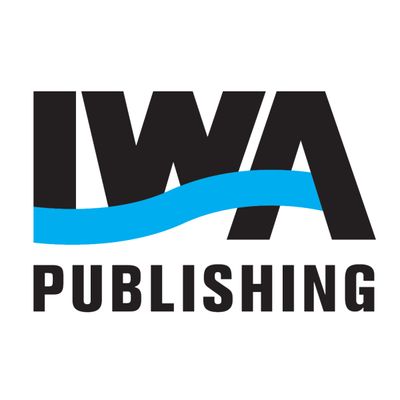

- Home
- Companies
- IWA Publishing
- Articles
- The use of treated wastewater and ...
The use of treated wastewater and fertigation in greenhouse pepper crop as affecting growth and fruit quality
The performance and suitability of tertiary treated wastewater (TW) and/or fertigation (F) in pepper plants were studied over a 4-month period in greenhouse conditions. Four treatments were used consisting of (1) water, (2) water + F, (3) TW, and (4) TW + F. The F and/or TW application increased plant height and plant biomass compared with the control plants (irrigated with water) while no differences were observed in the number of leaves produced. Plants grown with TW + F were thicker than control plants. The addition of F increased fruit number in both water and TW, which resulted in increased plant yield and fruit marketability for the water application but decreased mean fruit weight for TW application. The application of TW increased fruit total soluble solids but decreased fruit firmness whereas adding F, these changes were normalized. The F and/or TW application reduced fruit total phenolics, fruit acidity, and fruit length but not fruit diameter. No differences were observed in fruit dry matter content, fruit color/lightness (
